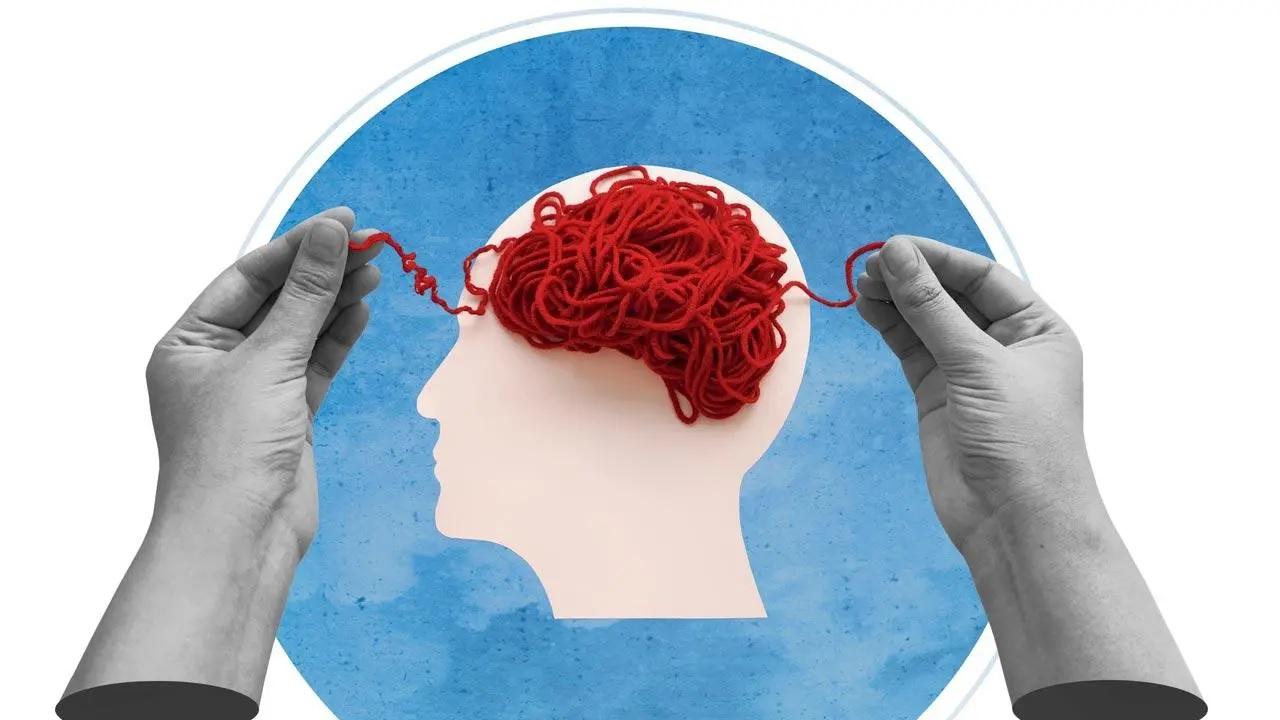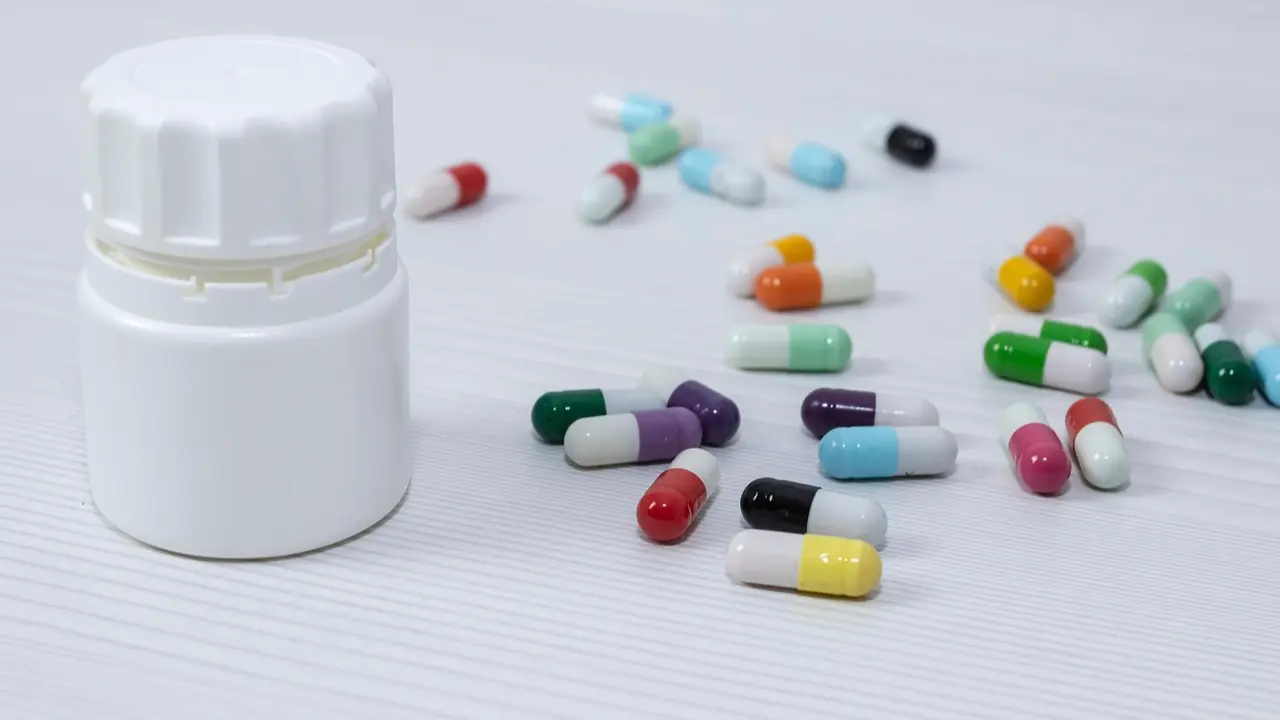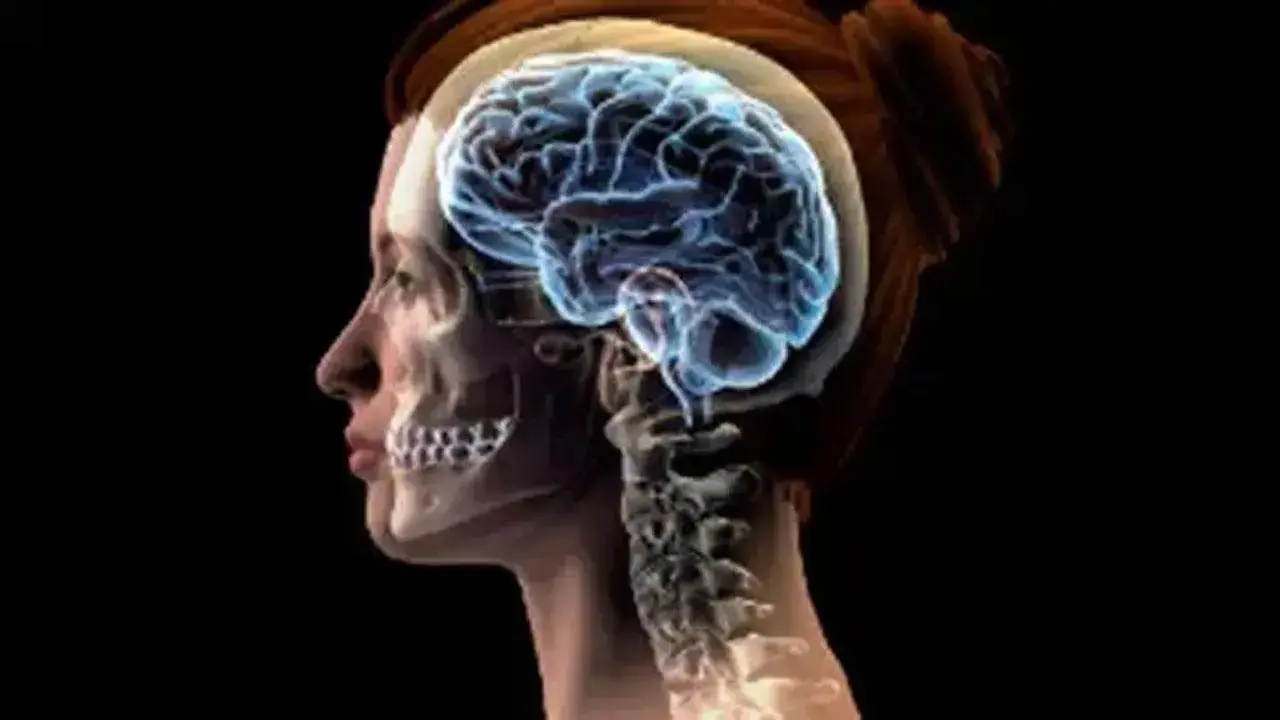The pandemic didn’t just pause life—it rewired an entire generation’s emotional baseline. For India’s Gen Z, growing up through lockdowns, uncertainty, and digital overload has left behind a new kind of exhaustion. Many young people are now turning to alcohol, vaping, and prescription drugs to cope with stress, burnout, and loneliness.
‘Before 2020, many Gen Z clients described anxiety as butterflies before exams. Now, it’s existential dread before breakfast,’ says Dr. Rita Mendonca, Founder and Head Psychologist at My Mind Gains, a government-registered mental health clinic and training hub in Mumbai. With over nine years of experience in youth mental health, she observes that today’s young adults are ‘digitally connected but emotionally isolated.’
Gayatri Tilgulkar, 24, a content writer, puts it bluntly:
‘For me, exhaustion isn’t surprising anymore, it’s just there. Most of Gen Z notices it only when it gets inconvenient. We show up, we perform, we scroll, we answer, and we repeat, but none of it feels like a victory. Sometimes we laugh about it, sometimes we ignore it, and sometimes we admit, quietly because that’s what is woven into our cultural habits, that this is all there is for now.’ She further adds, ‘coping doesn’t look like a moment of relief — it looks like continuing anyway, paying attention only enough to keep from falling apart completely. And somehow, in all that, we still expect ourselves to be okay.’
Her words echo what psychologists describe as functional burnout — a state where young people operate on autopilot, outwardly productive yet emotionally drained.
According to Dr. Mendonca, post-pandemic stress, self-comparison, and identity burnout have made emotional coping harder. ‘What begins as self-soothing often slides into self-sedating,’ she explains, referring to the growing normalization of substances as emotional tools. Vaping, in particular, has become what she calls the ‘gateway ritual’ — socially accepted and easily accessible.
Peer culture and social media, she adds, amplify the issue by glamorizing substances as lifestyle symbols. ‘On social media, vaping is aesthetic, cocktails are self-care, and popping an Adderall before exams is a hack,’ she says. This cycle of ‘viral validation’ turns risky habits into social norms, often masking deeper struggles.
‘Hustle culture sells a dangerous lie — that rest is laziness and burnout is a badge of honor,’ Dr. Mendonca explains. ‘When self-worth is tied to productivity, substances become performance tools — a way to silence anxiety or push through fatigue.’ Over time, this rewires emotional tolerance and dulls natural joy, leaving many young adults feeling ‘emotionally ghosted from themselves.’
But the way out, she believes, lies in replacing chemical shortcuts with emotional skill sets — breathwork, grounding, digital hygiene, and community-based coping spaces. ‘We need to move from crisis care to preventive care,’ she says, urging institutions to integrate mental health education and regulate online substance marketing.
Her message to Gen Z is simple but powerful: ‘You’re not broken, you’re exhausted. Substances don’t heal exhaustion; they hide it. Healing means learning to feel without needing to escape. In a world that profits off your numbness, staying present is the most radical act.’











